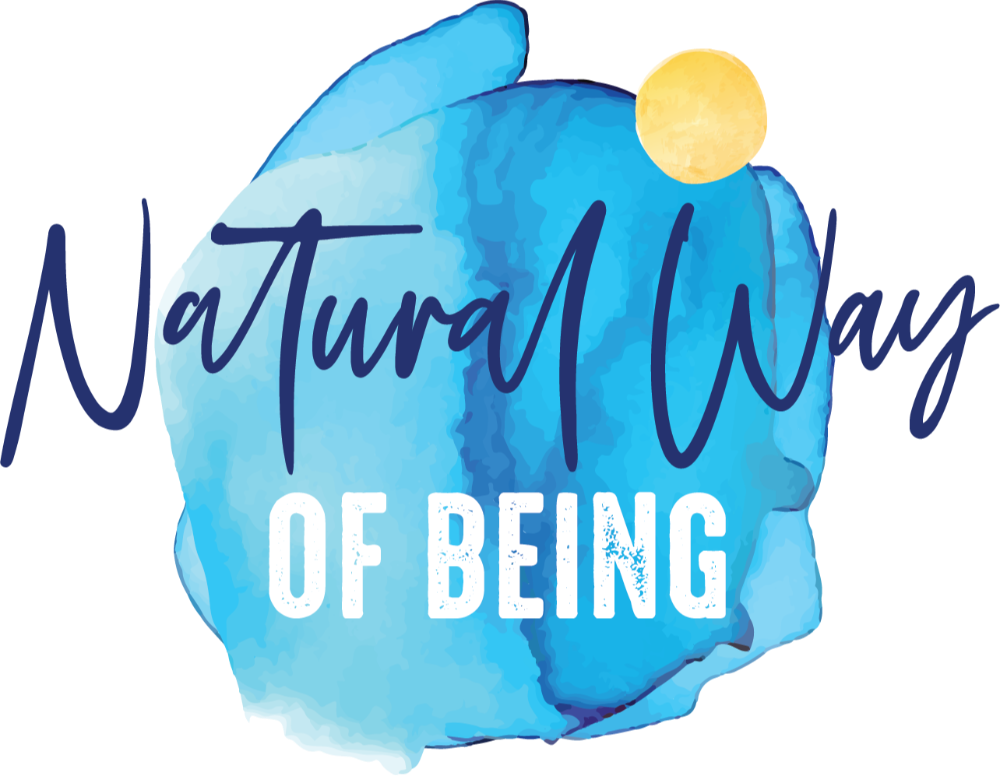Thinking and Feeling
Jan 02, 2022Video Blog Transcription:
(00:00):
So I want to contrast and explore two different ways that we come to understand things or even make important decisions about things. And I'm gonna simplify it by talking about using our heads and using our hearts.
So I wanna start with our head, because that's probably what we're a little more used to, it's what we were taught. And what that includes (for this talk anyway) is our intellect, our ability to think, to imagine, to conceptualize, and to critically think.
And I'm also gonna include with this the higher chakra types of sensing too, like the third eye, seeing things clearly, and that type of thing. And so what's really interesting about these head resources, we'll call them, is they can happen at a distance.
(01:01):
I can be sitting in this chair and I can think of a scenario and I can think about what might happen and strategize about it. I might think about a conversation I'm thinking of having with someone, perhaps my boss, and I can think my way through that.
And it's safe because I can do it at a distance. People look at me, and they don't know what I'm thinking. It's kind of safe, you know? And even some of my friends that are psychic and use some of their higher chakra and third eye resources, such as what they call remote viewing can be done at a distance.
I can sit there and see things across the room, and I can just know things about them. And I see it perfectly clearly without even having a conversation or experience with the person.
(02:06):
And so this is very different than it is with more of our heart-based understanding. And by that, I'm talking about the resources of empathy, intimacy, and intuition. t also includes the instincts of having a gut feeling and having a body sense that tells you it just feels right.
And in contrast to the head, this type of understanding requires us to be a little more close and intimate. It's experiential. We can access it by thinking about it, but to really get in the middle of it and grok it, it's good to actually get in the experience and then feel our way through it, which is what we're not really used to.
(03:17):
The challenge is that since we were conditioned to think our way through things and not feel our way through things, we can sometimes think our way through things that we might be better to also feel our way through, say relationships for example. If we're doing analytical stuff or problem solving, great.
But when we get into relationships and ethical decisions it becomes less logical. Things like whether I should quit my job and start my own business. Or whether I should end a relationship or whether I should take a new relationship to the next level. Or whether I should put my kids in private school, or put my parent in an assisted living facility.
(04:08):
With these, there's not necessarily any rational right and wrong. It's good to bring it down (into our heart) and think about it, to feel our way through it more. And that requires us to be more intimate and to have experiences.
And so now rather than just thinking about having the conversation with someone, I need to go have the conversation, and that's way more vulnerable, right? Because I could go have the conversation, and it may be awkward or embarrassing. It may go really wrong.
Whereas if I have it in my head, if it goes wrong, I'll just try another little scenario. I'll tweak it a little bit and try something else. Nothing lost, right? And so that's what I wanna leave you with is just to maybe involve both.
(05:07):
And some of you are more touchy, feely, and feel your way through. And then others of us are more analytical, but to have a balance. Most of the time, I think we tend to stay (in our head) more, and not as much (in our heart). And so I'm just saying, let's use both, and allow yourself to have experiences.
Sometimes (thinking) will take you as far as it can go. And it does all its due diligence and it takes you as far as it can go. And then to go any further, you need to allow yourself to have an experience. You need to go talk to 'em, you need to go have it and try it out, you know?
And the scientific method even does this, we have theories, and then we test the theories. When we start testing the theories and feeling our way through it, that's the heart.
(06:07):
And the last thing I'll say about the heart that's a little more challenging is it requires us to feel our way through it more. We're used to thinking our way through it. It's a different skill to feel our way through it, because it's a little more subtle, and maybe it's just subtle because we're not used to it.
But we have to go into an experience with, “Now this feels right, and that didn't feel right, so I'm gonna go more this way. And now that that's a little too far that way, I think I go more this way.” It's using our instincts and intuition and what feels right (in our heart), even though if it doesn't make sense (in our head).
So, that is my video for this week. Thank you for watching. I hope that you had an amazing holiday time. And this week I just invite you to kind of think and feel your way through some of the important decisions that you have for the new year. So I will see you in a week.


